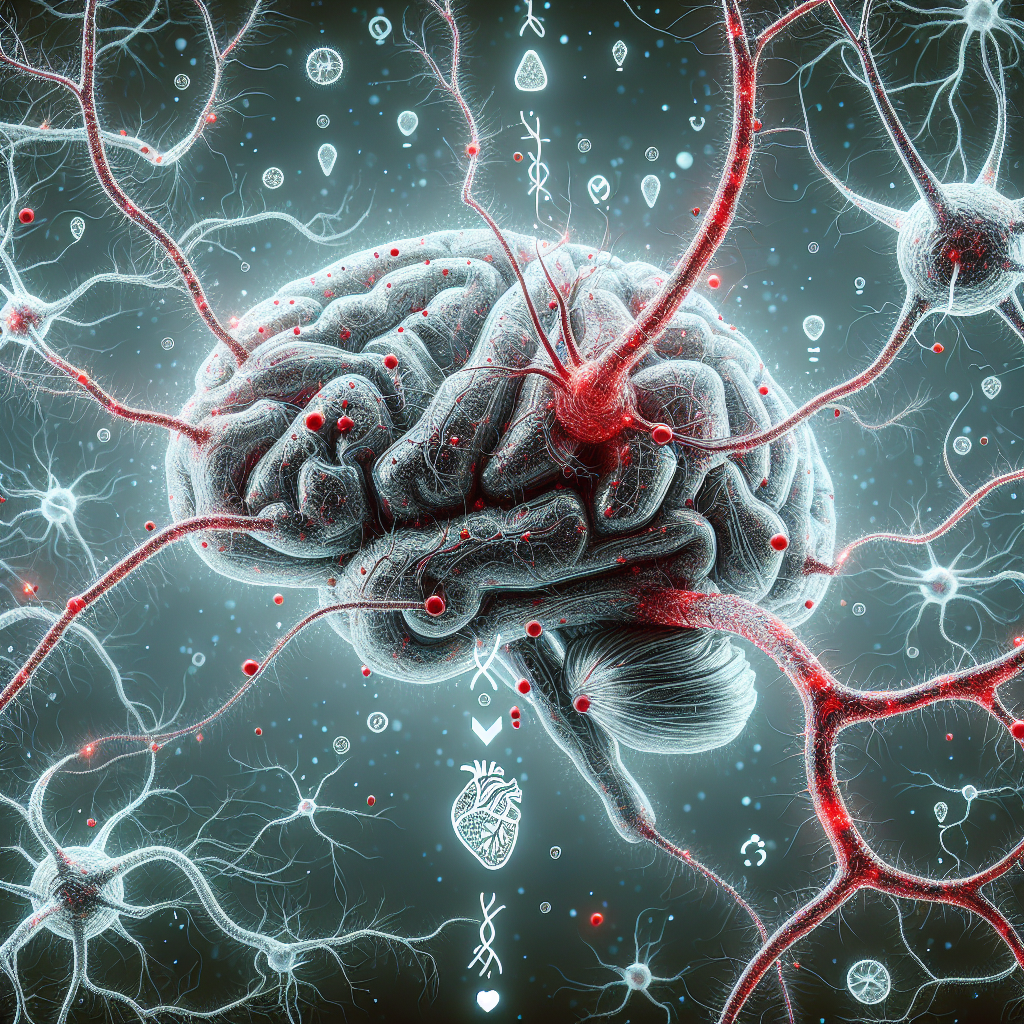Maintaining a healthy brain is crucial for living a productive and fulfilling life. Recent research has established a profound connection between cardiovascular fitness and brain health. This connection goes beyond general well-being, directly affecting cognitive functions and the structural integrity of the brain itself. In this comprehensive guide, we’ll delve into the mechanisms behind this relationship, practical advice for enhancing cardiovascular health, and the implications for long-term brain function.
Understanding the Cardiovascular-Brain Connection
The human brain relies on a continuous supply of oxygen and nutrients to function optimally. Blood flow facilitated by a strong cardiovascular system is the vehicle for delivering these essential elements. Regular physical activity that challenges the heart and blood vessels can lead to improved brain health over time. For more on the fundamentals of brain health, consider reading "The Science of Brain Health" which offers a wealth of information on maintaining cognitive abilities.
Cardiovascular Fitness and Cognitive Function
Cardiovascular fitness is not just about endurance; it’s also intrinsically linked to cognitive abilities. Aerobic exercise, which elevates the heart rate and increases blood flow, has been shown to enhance memory, attention, and problem-solving skills. One way in which this occurs is through the promotion of neurogenesis – the creation of new neurons – particularly in the hippocampus, an area of the brain associated with learning and memory. For further insight, the article on "The Role of Physical Exercise in Enhancing Neurogenesis" provides an in-depth look at how exercise contributes to brain cell growth.
The Role of Blood Pressure and Cholesterol
Cardiovascular fitness also involves managing blood pressure and cholesterol levels, both of which can significantly impact brain health. High blood pressure can lead to damage in the brain’s blood vessels, leading to cognitive decline and increased risk of stroke. Similarly, high cholesterol can contribute to the development of plaques that can restrict blood flow to the brain. Addressing these issues through fitness can thus protect brain health. The importance of managing these cardiovascular factors is further explored in "Strategies for Maintaining Brain Health in the Face of Genetic Risks."
Implementing Cardiovascular Health Strategies
Improving cardiovascular fitness requires a multi-faceted approach, incorporating regular physical activity, a balanced diet, and lifestyle modifications.
Exercise as a Keystone Habit
Incorporating regular aerobic exercise such as walking, running, cycling, or swimming into your routine can have immediate and long-term benefits for brain health. Exercise not only improves blood flow but also reduces inflammation and stimulates the release of growth factors that are beneficial for brain cells.
Dietary Considerations
A heart-healthy diet rich in fruits, vegetables, whole grains, and lean proteins can complement your exercise regimen. Foods high in omega-3 fatty acids, like salmon and walnuts, are particularly beneficial for cardiovascular and brain health. Additionally, reducing intake of processed foods and sugars can help manage blood pressure and cholesterol levels.
Stress Management and Sleep
Chronic stress can negatively affect both cardiovascular and brain health. Engaging in stress-reduction activities like mindfulness, yoga, or deep-breathing exercises can mitigate these effects. Adequate sleep is also vital; it allows the brain to remove toxins and waste products that accumulate throughout the day, which is crucial for maintaining cognitive health.
Research and Evidence
A wealth of research supports the connection between cardiovascular fitness and brain health. For instance, a study published in the "Journal of Cognitive Neuroscience" found that older adults with higher levels of cardiovascular fitness had better cognitive performance than their less fit counterparts. Furthermore, "The Lancet Neurology" reported that regular exercise could reduce the risk of dementia by up to 30%.
For those interested in exploring the subject further, the following resources provide additional insights:
- A study on the impact of physical activity on brain function and structure.
- An article discussing the benefits of exercise for stroke prevention.
- A research paper on the cardiovascular risk factors for cognitive decline.
Long-Term Implications
The long-term benefits of maintaining cardiovascular fitness for brain health are substantial. By engaging in regular physical activity and leading a heart-healthy lifestyle, individuals can potentially delay the onset of cognitive decline and protect against neurodegenerative diseases. Maintaining cardiovascular fitness can also improve quality of life and independence as we age.
Conclusion
The relationship between cardiovascular fitness and brain health is a critical aspect of overall wellness. By understanding and leveraging this connection, we can take proactive steps to preserve and enhance our cognitive functions, safeguard against neurological conditions, and enjoy a higher quality of life. It’s essential to remember that it’s never too late to start; even small changes in exercise and diet can lead to significant health benefits.
To embark on a journey toward better cardiovascular and brain health, start by integrating regular aerobic exercise into your daily routine, eating a brain-boosting diet, and managing stress levels. By doing so, you’re not just taking care of your heart; you’re investing in the longevity and vitality of your mind.



